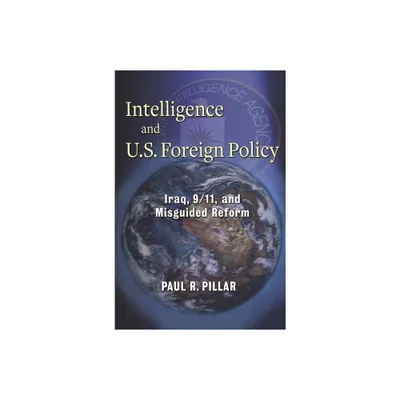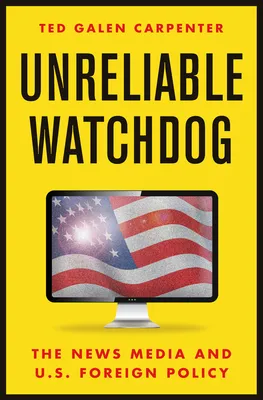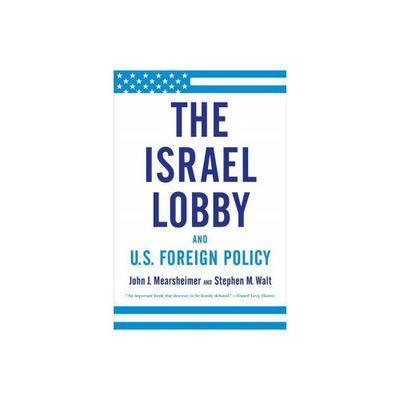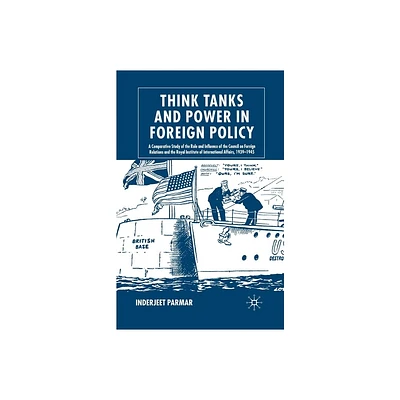Home
Peace Corps and Citizen Diplomacy: Soft Power Strategies U.S. Foreign Policy
Loading Inventory...
Barnes and Noble
Peace Corps and Citizen Diplomacy: Soft Power Strategies U.S. Foreign Policy
Current price: $117.00


Barnes and Noble
Peace Corps and Citizen Diplomacy: Soft Power Strategies U.S. Foreign Policy
Current price: $117.00
Loading Inventory...
Size: Hardcover
*Product Information may vary - to confirm product availability, pricing, and additional information please contact Barnes and Noble
For over 50 years, more than 225,000 Peace Corps volunteers have been placed in over 140 countries around the world, with the goals of helping the recipient countries need for trained men and women, to promote a better understanding of Americans for the foreign nationals, and to promote a better understanding of other peoples on the part of Americans. The Peace Corps program, proposed during a 2 a.m. campaign stop on October 14, 1960 by America's Camelot, was part idealism, part belief that the United States could help Global South countries becoming independent. At the height of the Cold War, the US and USSR were racing each other to the moon, missiles in Turkey and in Cuba and walls in Berlin consumed the archrivals; sending American graduates to remote villages seemed ill-informed. Kennedy's Kiddie Korps was derided as ineffectual, the volunteers accused of being CIA spies, and often, their work made no sense to locals. The program would fall victim to the vagaries of global geopolitics: in Peru, Yawar Malku (Blood of the Condor), depicting American activities in the country, led to volunteers being bundled out unceremoniously; in Tanzania, they were excluded over Tanzania’s objection to the Vietnam War. Despite these challenges, the Peace Corps program shaped newly independent countries in significant ways: in Ethiopia they constituted half the secondary school teachers in 1961, in Tanzania they helped survey and build roads, in Ghana and Nigeria they were integral in the education systems, alongside other programs. Even in the Philippines, formerly a U.S. colony, Peace Corps volunteers were welcomed. Aside from these outcomes, the program had a foreign policy component, advancing U.S. interests in the recipient countries. Data shows that countries receiving volunteers demonstrated congruence in foreign policy preferences with the U.S., shown by voting behavior at the United Nations, a forum where countries’ actions and preferences and signaling is evident. Volunteer-recipient countries particularly voted with the U.S. on Key Votes. Thus, Peace Corps volunteers who function as citizen diplomats, helped countries shape their foreign policy towards the U.S., demonstrating the viability of soft power in international relations.


















